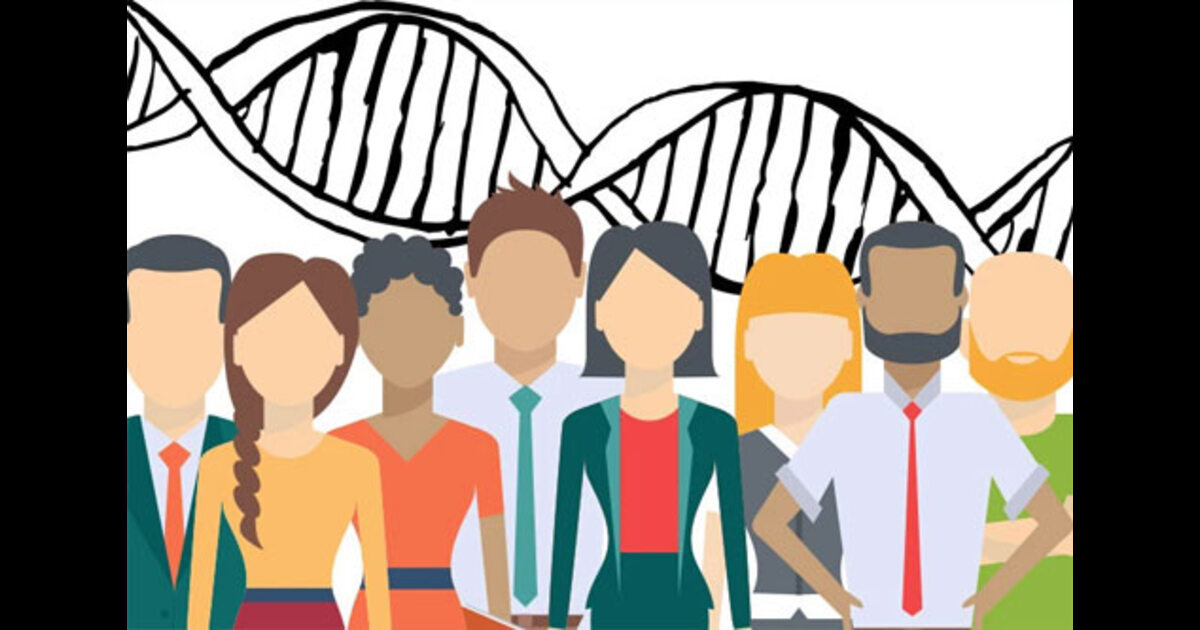A recent survey conducted on behalf of 23andMe sheds light on the concerns of American parents regarding their family’s genetic health history.
The survey, which included 2,000 respondents representing various demographics, reveals that while two in five parents believe they are well-informed about their biological family’s health history, only 38% actually possess comprehensive knowledge.
Nevertheless, a striking 90% of parents recognize the significance of understanding this history in assessing their own health risks.
Worries Over Unknown Genetic Health Conditions
Approximately 82% of surveyed parents expressed anxiety over the potential risk of inheriting unknown hereditary conditions due to their limited knowledge of their family’s health history.
Notably, when it comes to gathering medical information, parents are more likely to have complete records for their fathers (67%) and slightly less so for their mothers (64%). However, this data becomes scarcer in the next generation.
Disparities Between Paternal and Maternal Grandparents
Disparities in Health Records for Grandparents:
- Paternal Grandfather: Records available for only 38% of respondents.
- Paternal Grandmother: Information was scarce, with a mere 19% having records.
- Maternal Grandfather: In contrast, 49% had health records for their maternal grandfathers.
- Maternal Grandmother: Records for maternal grandmothers were somewhat more available, with 44% having information.
Exploring Family Health History Through Alternative Means
For those unable to connect with biological relatives or seeking more comprehensive health information, alternative avenues exist. Approximately half of the parents polled (51%) have delved into historical and medical records to gain insights into their family’s health. Moreover, 52% of respondents have undergone specialty DNA testing for health-related information, with 81% regarding it as crucial in filling gaps in their knowledge.
The Impact of DNA Testing on Health Behaviors
Remarkably, 76% of those who underwent DNA testing reported adopting healthier behaviors as a result. These changes encompassed healthier dietary choices (70%), improved stress management and mindfulness (67%), and increased physical activity (67%).
Confidence in Health and Proactive Measures
While 46% of parents rated their overall health as “very healthy,” only 39% strongly believed they had control over their health. However, a substantial 78% expressed confidence in possessing the necessary information to take proactive measures concerning their future health.
The Role of Genetic Testing
Noura Abul-Husn, VP of Genomic Health at 23andMe, emphasized the underutilized potential of genetic testing as a tool for uncovering critical health information. While genetic testing cannot predict the future, it empowers individuals to identify potential risk factors and make informed choices for themselves and their families.
In conclusion, the survey underscores American parents’ concerns about inheriting unknown genetic conditions due to limited knowledge of their family’s health history.
It highlights the positive impact of DNA testing on adopting healthier lifestyles and underscores the importance of genetic testing as a valuable tool for informed health decisions.
Share your thoughts about this in the comments below!








Leave a Reply
You must be logged in to post a comment.